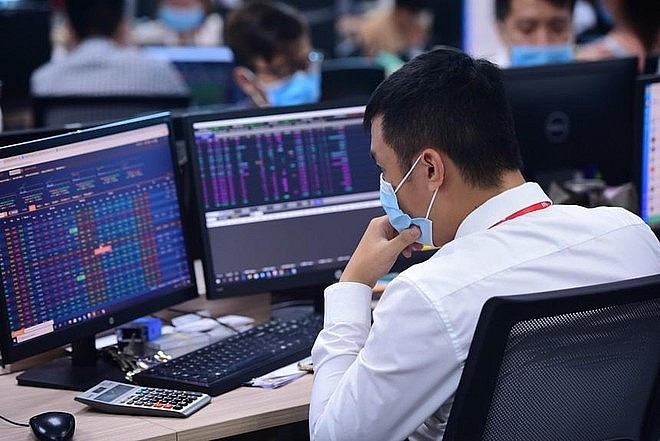Is now the right time to invest in securities stocks?
Securities stocks are attracting investors' attention once more as Vietnam's stock market continues to rally in the first quarter of 2025, especially as numerous businesses in the industry have announced positive business results.

However, behind the profit figures lie several issues that require closer examination—specifically regarding trends, the quality of growth, and the true outlook of the sector for the remainder of the year. The Business Forum Magazine had an interview with Mr. Lê Ngọc Nam, Director of Brokerage at JBSV Securities, on this topic.
From the Q1/2025 earnings, how do you assess the profit trend of securities stocks? What are the main factors influencing this group?
Market changes, particularly the VN-Index and general market liquidity, have a direct impact on business outcomes for securities stocks. Compared to the same period last year, Q1/2025 saw better profit results for numerous large securities companies, including VCI, HCM, and SHS. However, margin loan portfolios were the primary driver of this development rather than brokerage operations or service fees. About VND 300 trillion was the entire market-wide margin loan balance at the end of Q1, which was a substantial increase over Q4/2024 and a sharp increase over the same period in 2024.
Additionally, as of March 31, 2025, the VN-Index recorded a slight increase compared to the beginning of the year. This positively contributed to the business results of securities firms, especially in proprietary trading. However, these results mainly reflect Q1 performance and have yet to account for potential volatility afterward, such as the sharp corrections seen in early April—particularly on April 9.
In the context of market liquidity showing signs of improvement but remaining volatile, do you think Q1 business results truly reflect the capabilities of securities companies?
Given recent developments, it can be said that Q1/2025 results largely reflect the actual capabilities of securities firms. This is because their lending portfolios have been expanding significantly, demonstrating their risk appetite and financial resources. Although the market remains volatile, it has not caused major negative impacts on securities companies’ profits at this time.
Moreover, transaction fees—typically the second-largest revenue stream for securities firms—are currently at relatively low levels due to intense competition and industry pricing policies. As a result, companies able to maintain or grow profits are doing so primarily through capital cost control and lending efficiency rather than a surge in trading volume as seen in previous cycles.
What is your view on the current divergence within the securities stocks? What factors should investors focus on when selecting stocks in this sector going forward?
Divergence within securities stocks is becoming increasingly evident. Top-tier companies are showing clear profit growth, expanding lending operations, and investing efficiently. In contrast, many smaller firms are unable to scale operations and are struggling to compete due to higher capital costs, which reduce profitability from margin lending.
In this context, investors should be more selective when choosing securities stocks—not just based on short-term profit growth but by evaluating fundamentals such as capital scale, capital utilization efficiency, risk control in proprietary trading, and market positioning. Companies with strong financial capability, low capital costs, and effective investment portfolios are better positioned to weather market corrections.
It's also crucial to remember that securities equities frequently show market expectations several months before actual earnings releases. Consequently, compared to many other industries, investing in this category is "leading" in character and more impacted by market sentiment.
Based on Q1 profit performance, what are your expectations for the business outlook and valuations of securities stocks in Q2 and the second half of 2025?
In terms of valuation, major securities stocks are currently trading at relatively high P/E ratios, ranging from 15 to 20 times, reflecting optimistic investor expectations for near-term profit growth. However, such valuation levels also imply that these stocks may face correction pressure if the market fails to meet those expectations.
Specifically, if supportive factors such as improved liquidity, the VN-Index reaching around 1,350 points, or positive developments in tax and macroeconomic policy materialize, securities stocks could maintain their current valuation levels—or even have room to rise. Conversely, if macroeconomic conditions deteriorate or the stock market fails to sustain its upward momentum, this group could see sharp corrections, as much of the optimism has already been priced in.
Looking ahead, investors should closely monitor systemic risk factors such as changes in macro policy or interest rates. These elements can cause significant and immediate impacts across the entire securities sector. Staying informed and ready to adjust portfolios accordingly will be essential—especially in a period where external risks remain prevalent.
Thank you very much!








